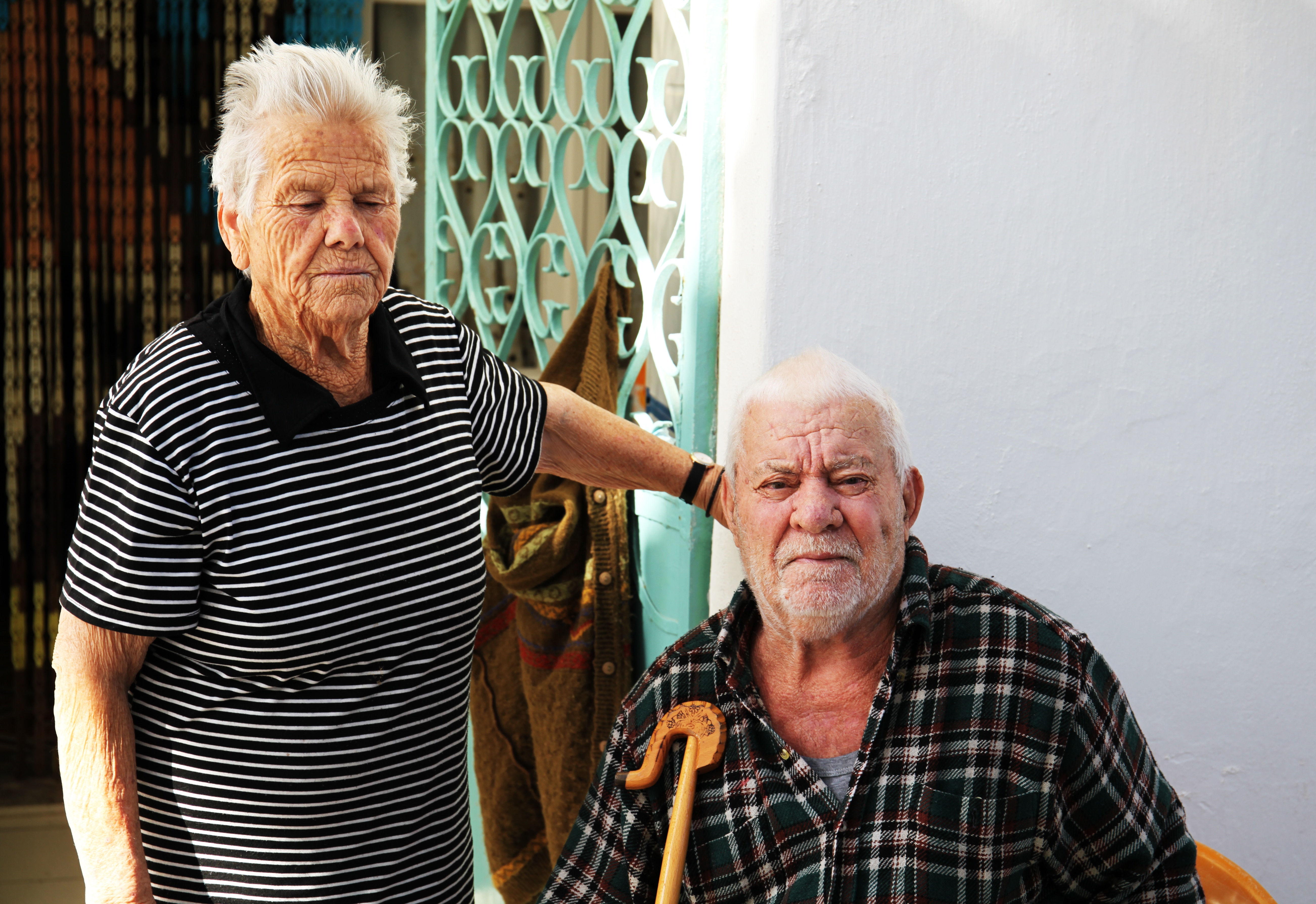Social rights for carers: a prerequisite for building age-friendly societies

Eurocarers, the European Association working with and for informal carers, reminds the importance to care for the social rights of the carers – especially when it comes to their work-life balance and health – to ensure that they are given the proper conditions to look after their older loved ones.
A large proportion of long-term care in the EU is provided by informal carers such as family members and friends.[1] Provision of care is a challenge faced by people during their entire working life including in their older age: 27% of working women aged 50-64 are taking care of adults with illness or disability at least once a week.[2]
Quality of long-term health and social care for older people increasingly rests upon the shoulder of informal carers. This heavy responsibility can have a detrimental impact on their health, well-being, and social inclusion. Today, informal carers are under such a pression that the sustainability of their contribution is at stake.
However, despite the fact that they are a building block of our long-term care system, they get seldom recognition and support, and face obstacles to access their social rights. This is how our society cares about who care for older people, illustrating how ageism introduces a bias in representations as well as in the agenda setting.
Our societies must value carers’ contribution fairly, recognise the tremendous skills they are developing, give them rights and support. Social rights for carers are a prerequisite for building age-friendly societies!
Read also:
Eurocarers’ blog post on the gender dimension of care-giving
Eurodiaconia’s call for quality are services to render our societies more cohesive
Vicki’s testimony, a woman caring for her husband with early dementia
—
[1] The 2018 Ageing Report, Economic and Budgetary Projections for the EU Member States (2016-2070); European Commission 2018.
[2] Eurofound (2017), European Quality of Life Survey 2016: Quality of life, quality of public services, and quality of society, Publications Office of the European Union, Luxembourg.


Facebook Comments